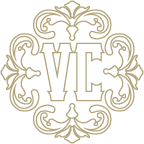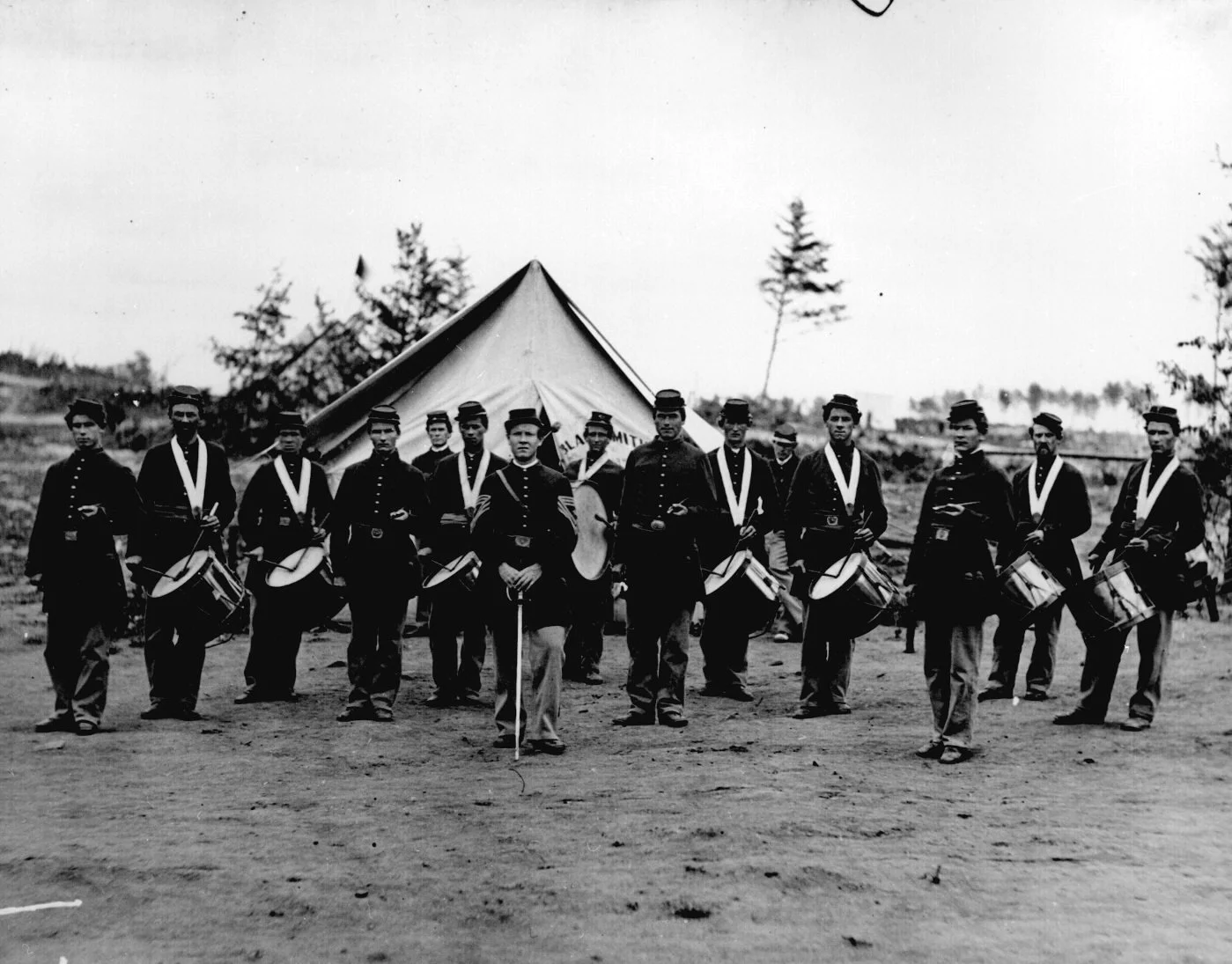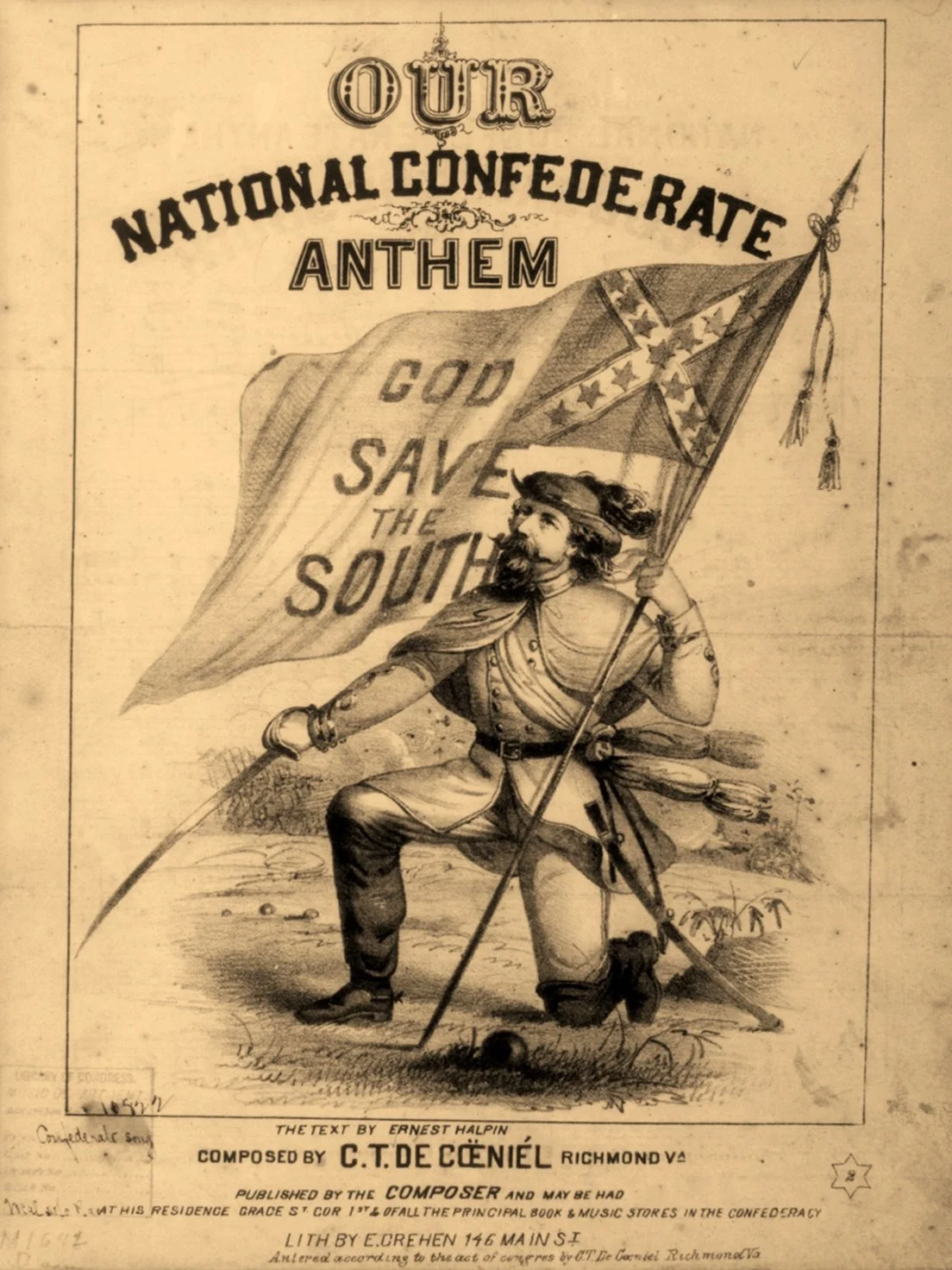Music of the Civil War
Photo Courtesy Harry Taylor
Phillip Gerard, an avid musician, incorporates bluegrass, folk, country, and original compositions into his readings, playing six and twelve-string guitar, dobro, banjo, and pedal steel guitar. He will be resurrecting music from the American Civil War that encapsulates a tumultuous time in American history.
During the American Civil War, music played a prominent role on both sides of the conflict – The Union Army to the North and The Confederate Army to the South. Maryland was positioned squarely on the border of the two opposing forces. A disagreement over freedom for all Americans or an economy built on the backs of enslaved workers fueled a 4-year conflict that cost over 600,000 lives. Even within families, divisions were solidified as war broke out. At a time of contrasting ideology, music may have been one of the few commonalities among soldiers at war. Army units included individuals from across the country, and they rapidly blended tunes, instruments, and playing techniques. The songs that arose from this fusion are considered the first American folk music with discernible features that can be considered unique to America.
On the battlefield, different instruments, including bugles, drums, and fifes, were played to issue marching orders or sometimes used to bolster the morale of weary soldiers. Singing was also a release of tensions resulting from the ongoing war. In camp, music was a momentary diversion from the horrific bloodshed, helping soldiers deal with homesickness or boredom between advances. Soldiers on both sides often engaged in recreational music as well. When the opposing armies were near each other, bands from opposite sides of the conflict would play against each other as a precursor on the night before a battle.
Opposing camps had their favorite tunes, while some music was mutually enjoyed by Northerners and Southerners alike. It didn’t matter to President Abraham Lincoln that his love of the song "Dixie" was widely known as the unofficial anthem of the Confederacy. Many of the songs popularized during the Civil War are still performed today as part of patriotic musical repertoire. Noted music historian John Tasker Howard has claimed that the songs from this era "could be arranged in proper sequence to form an actual history of the conflicts: its events, its principal characters, and the ideals and principles of the opposing sides."
Before recordings were commonplace, music was only performed live, and entire songs were sometimes played during battles. As fighting broke out, musicians knew that lives may end before a song was over. Almost like a movie score, music could set the mood in times of victory and defeat. The sorrow-filed survivors of the disastrous Pickett's Charge returned home under the melancholy tune "Nearer My God to Thee." Union musicians played Stephen Foster's uplifting minstrel song "Nelly Bly" at the Battle of Five Forks while ducking enemy fire on the front lines. The jarring contrast of a playful melody against the backdrop of bloodshed renders a macabre tableau. Samuel P. Heintzelman, the commander of the III Corps, saw many of his musicians standing at the back lines at the Battle of Williamsburg and ordered them to play anything at all. Their music rallied the Union forces, leading the Confederates to withdraw. It was said that music was the equivalent of "a thousand men" on one's side. Robert E. Lee himself said, "I don't think we could have an army without music."
Musicians were not exclusively charged with entertaining or motivating soldiers. Their first duty was to inspire the troupes. However, they could be ordered to leave the battlefront and assist the surgeons with gruesome amputations, a familiar medical procedure on Civil War battlefields.
Music On The Battle Field
A rare music cover illustration of “God Save the South” sheet music was published by the composer, C. T. De Cœniél, in Richmond, Virginia. This edition features a Confederate soldier who kneels on one knee holding a large flag with the words, "God Save the South." A cavalryman wears high boots and a plumed hat, holding a drawn sword in his right hand. A cannonball lies in the grass before him. In the distance, soldiers fire a cannon toward an advancing infantry troop. Few illustrated music sheets were issued in the South either before or during the war, as the lithography industry there was in a relatively undeveloped state.
Not only is Phillip Gerard an accomplished musician, but he is also the author of eight nonfiction books, four novels, and a collection of short stories, in addition to numerous essays, short stories, radio essays, and documentary television scripts. He will teach a week-long Songwriting workshop, July 11-15, for the Victorian Chautauqua Writers Workshop series. See more details and register online.





